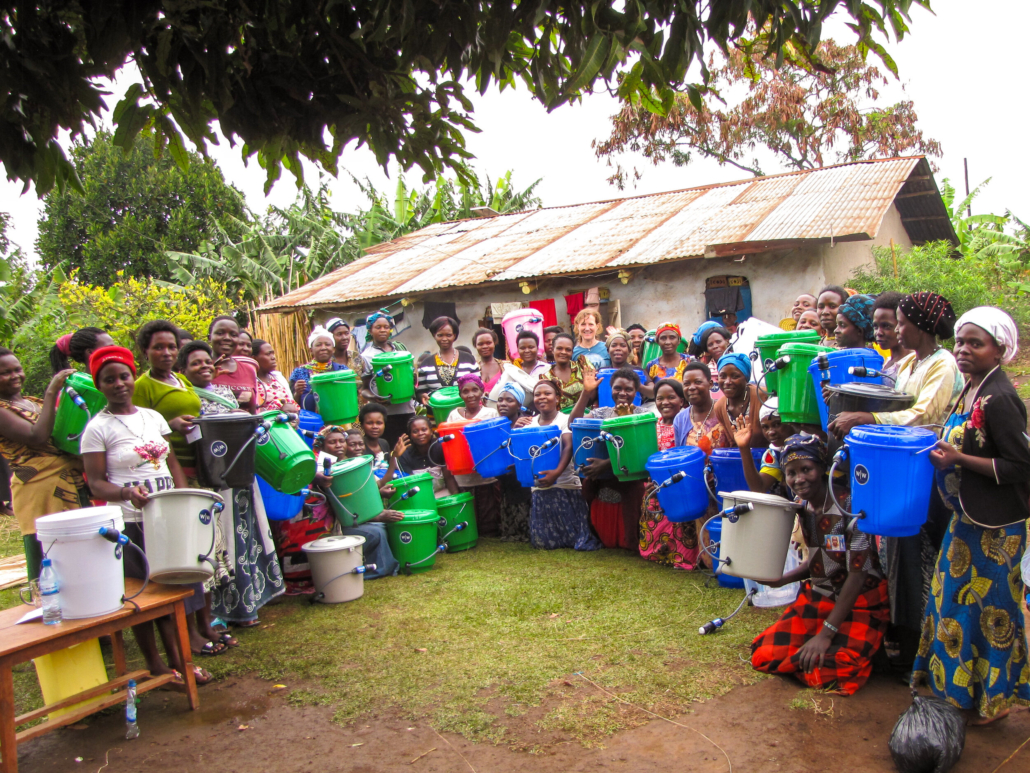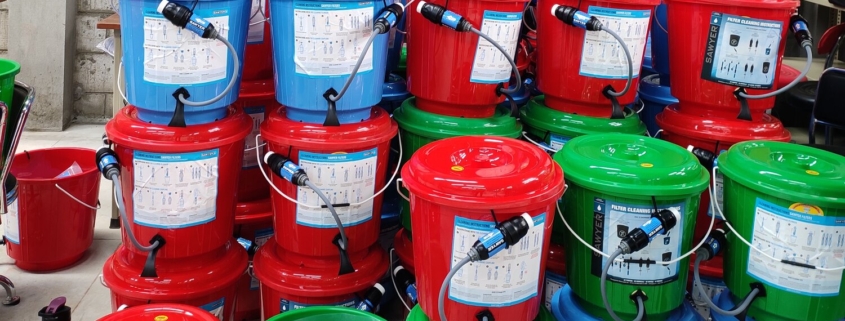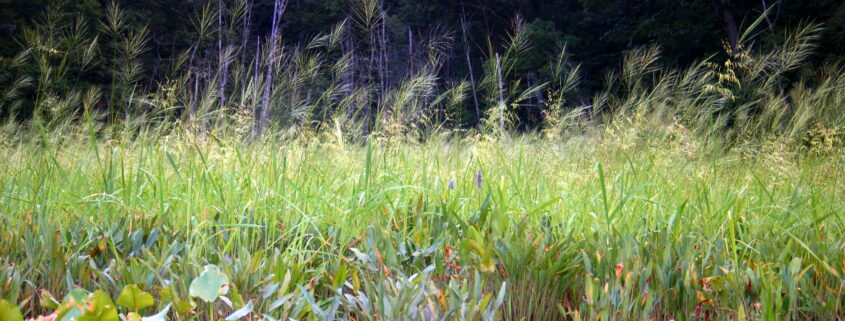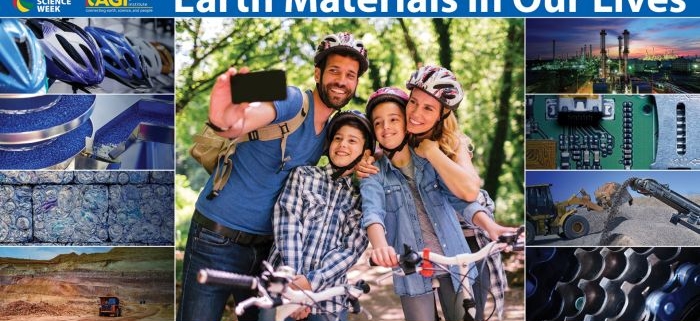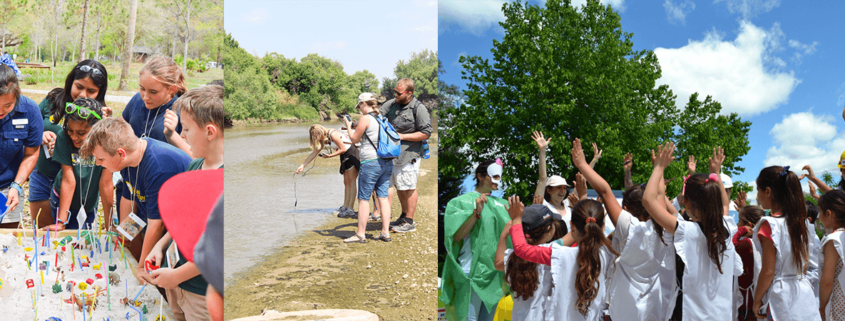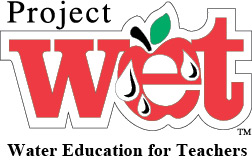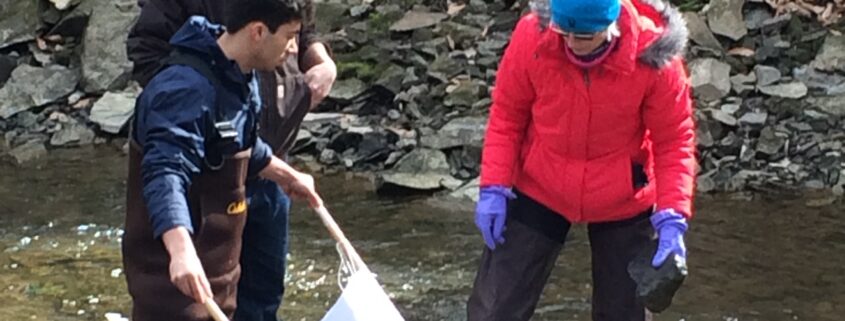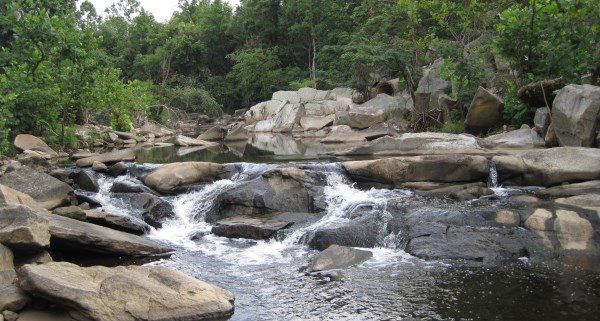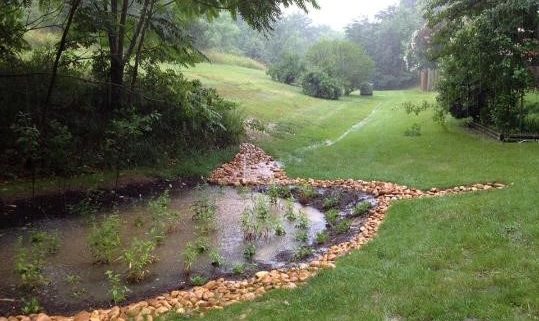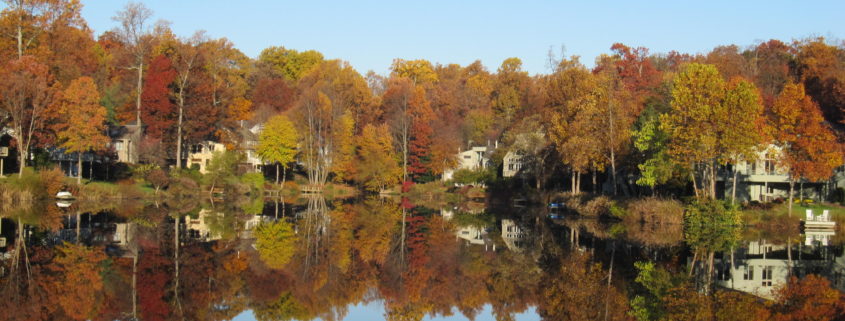Reston Association Stream Monitoring Workshop
When: Saturday, July 13, 8:00-11:00am
Where: Reston VA
Spring is here and the warm weather is creeping back. What better way to enjoy the changing seasons than to get your feet wet in one of Reston’s streams? RA welcomes new volunteers to assist with stream monitoring at several locations. Get involved with a small team to collect data and identify insects with the goal of assessing the health of Reston’s streams. Not only do you get to learn about streams, it also provides an opportunity to make new friends! Learn more and register.
Pope’s Head Creek Stream Monitoring Session
When: Saturday, July 13, 9:00am-12:00pm
Where: Old Colchester Rd., Fairfax Station VA
Please join us at this lovely site where we can drive right up to the stream bank. No experience necessary. Find details here. RSVP to Margaret here.
Little Pimmit Run Stream Monitoring Workshop
When: Saturday, July 13, 10:00am-12:30pm
Where: Off Maddux Lane, McLean, VA
Join NVSWCD as we discover aquatic life in Pimmit Run! This official NVSWCD stream monitoring workshop covers watershed health, what macroinvertebrates tell us about stream quality, and what you can do to prevent pollution in your local stream. This workshop will also help to prepare you to become a certified stream monitor, and is the last NVSWCD workshop before the certification workshop in August. Registration is limited. Send questions to Ashley Palmer and RSVP here.
Lake Accotink Stream Cleanup
When: Sunday, July 14, 9:00-11:00am
Where: Lake Accotink Park, Springfield VA
* Lake Accotink Trail entrance at Ellet and Inverchapel Road
* Lake Accotink Marina
* Lake Accotink Trail entrance at the end of Danberry Forest Drive (Kirkham and Uxbridge Court Playground
Meet at one of the above locations, pick up trash bags from the volunteer lead, and hit the trail to fill your trash bags with debris. Long sleeves, gloves, boots, and long pants are encouraged. Learn more on the Friends of Accotink Creek calendar.
Broad Run/Dawkin’s Branch Stream Monitoring Session
When: Saturday, August 3, 10:30am-12:30pm
Where: Bristow, VA
Parking is in the upper parking lot of Victory Lakes Elementary School parking at 12001 Tygart Lake, Bristow VA 20136. Follow signs near the playground to the Broad Run trail near the kiosk area. Join Sonnie Coffey at this beautiful adopted outdoor learning site for more water quality awareness in Prince William County. You’re invited to come learn more about benthic invertebrates and how they can determine the water quality of a stream. For more information and RSVP, please contact Sonnie Coffey.
Reston Association Stream Monitoring Workshop
When: Wednesday, August 14, 1:00-4:00pm
Where: Walker Nature Center, Reston VA
Summer is here and the warm weather is creeping back. What better way to enjoy the changing seasons than to get your feet wet in one of Reston’s streams? RA welcomes new volunteers to assist with stream monitoring at several locations. Get involved with a small team to collect data and identify insects with the goal of assessing the health of Reston’s streams. Not only do you get to learn about streams, it also provides an opportunity to make new friends! Learn more and register.
Reston Association Stream Monitoring Workshop
When: Saturday, August 24, 8:00-11:00am
Where: Reston VA
Summer is here and the warm weather is creeping back. What better way to enjoy the changing seasons than to get your feet wet in one of Reston’s streams? RA welcomes new volunteers to assist with stream monitoring at several locations. Get involved with a small team to collect data and identify insects with the goal of assessing the health of Reston’s streams. Not only do you get to learn about streams, it also provides an opportunity to make new friends! Learn more and register.
NOVA Stream Monitor Certification Workshop
This event is jointly organized by the Northern Virginia Soil and Water Conservation District and the Prince William Soil and Water Conservation District and is open to anyone aspiring to become a Certified Stream Monitor.
Once certified, a monitor can adopt a stream site to monitor quarterly. The certification/training follows the Virginia Save Our Streams (SOS) monitoring protocol and the data collected is sent to the Department of Environmental Quality (DEQ).
All certified monitors are also invited to seize this opportunity to meet with the Chesapeake Monitoring Council Coordinator for new monitoring meters or get old meters calibrated.
To register and for more information,
please contact Veronica Tangiri (Prince William) or Ashley Palmer (Fairfax)
